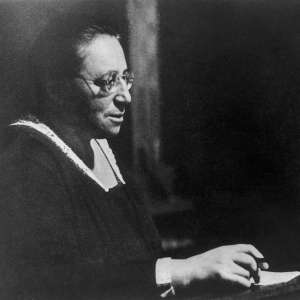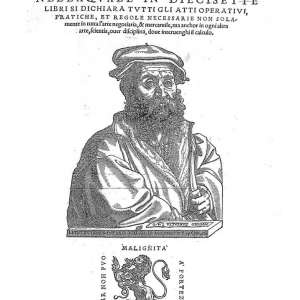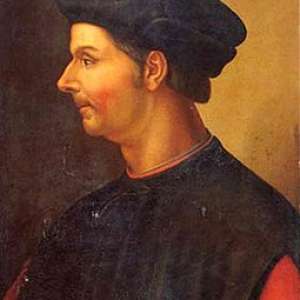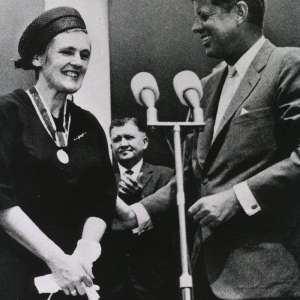
Karl Pearson (1857–1936) is a figure of interest to historians of many areas. The historian of mathematical statistics knows the inventor of the product-moment correlation coefficient and the chi square test; the historian of philosophy knows the author of the Grammar of science; the historian of genetics knows the opponent of Mendelism; the political historian knows the ‘social-imperialist’ political thinker; the historian of feminism knows the early supporter of the women's movement and friend of Olive Schreiner; and, of course, the historian of eugenics knows the first occupant of the only chair of eugenics in a British university.
This paper does not attempt a biography of Pearson, but simply raises and tries to answer one question. To what extent can the sociology of knowledge throw light on Pearson's varied and many-sided thought? It concludes that there is a good case for seeing this thought as reflecting with exceptional clarity the social interests of the professional middle class to which he belonged.










































